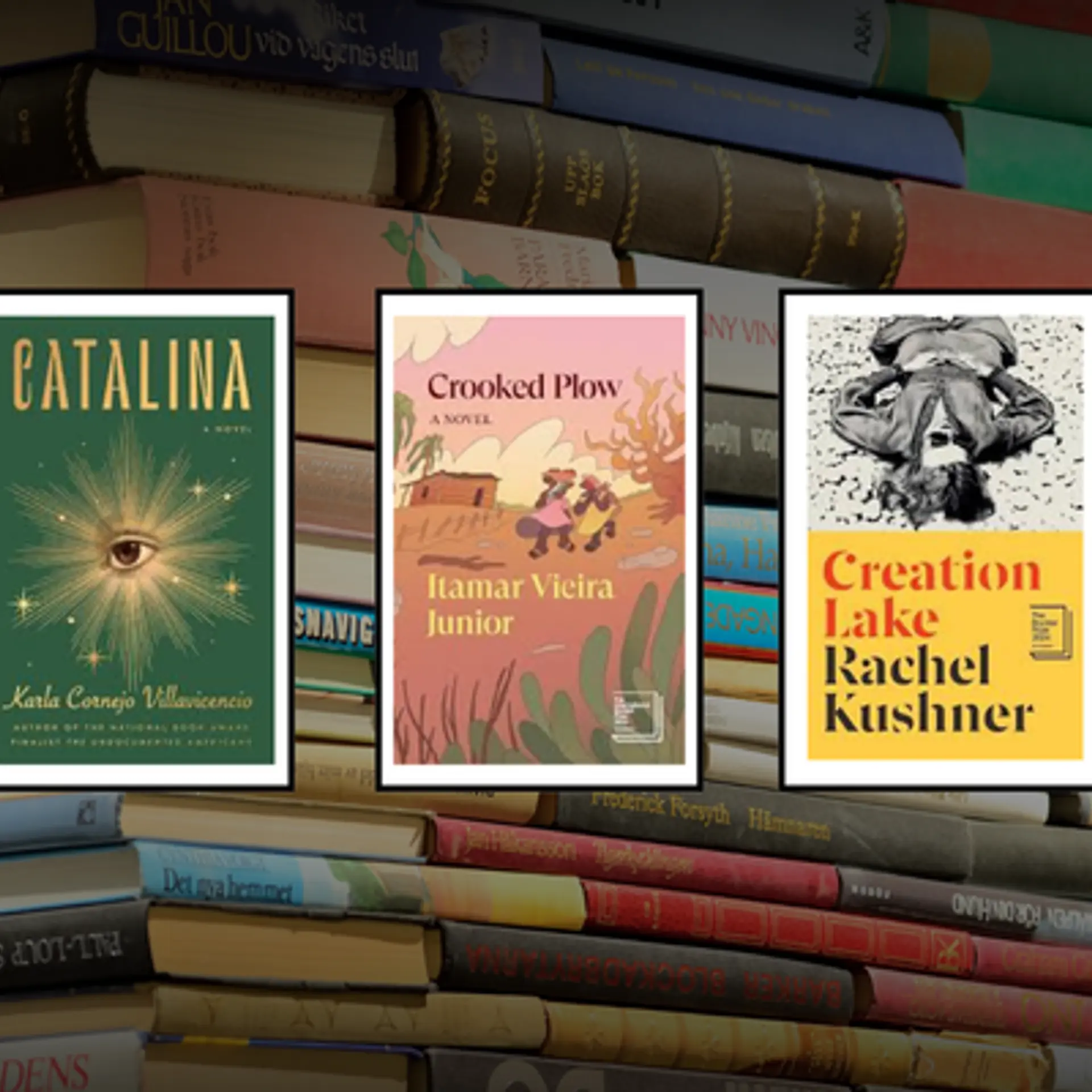This Delhi startup is making food waste management sustainable through its food-to-feed conversion technology
Led by Saket Dave and Krishnan Kasturirangan, Wastelink solves the problem of commercial food waste by creating a circular economy solution that upcycles food surplus to animal feed.
India is one of the worst performers on the global hunger index, ranking 101 out of 116 countries in 2021. Yet, a lot of food gets wasted in food manufacturing, restaurants and events such as marriages and parties.
According to the UNEP Food Waste Index Report 2021, Indian households generate 50 kg per capita per year, which amounts to a total of 69 million metric tons a year.
Food waste also directly contributes to climate change. It creates greenhouse gases when dumped in landfills or burned down, accounting for 10 percent of the total emissions.
To solve the country’s food waste problem, Saket Dave launched in 2018. He was joined by Krishnan Kasturirangan, the first investor in the company, as a co-founder in the later part of 2020.
The New-Delhi based startup collects food by-products, surplus materials, and produce rejects from food producers and converts them into nutritional-rich feed for animals. By doing this, it not only helps eliminate food waste, but prevents wastage of resources and aids food producers curb their costs.
In the last two years, the startup, which collects food waste from over 700+ locations across India, spanning 50+ cities, claims to have upcycled over 5,000 metric tons of food waste, preventing over 11,000 metric tons in greenhouse gas emissions.
The journey
Saket has been involved in waste management for the last 11 years. His passion goes back to college when he started a youth climate organisation with over 70 volunteers. He was awarded International Climate Champion for India by the British Council in 2011, and Indian youth Delegate to UN Climate Change Conference in South Africa in 2011, in which he was selected among 17 people globally at the age of 19. This inspired him to purse his passion in sustainability and set the stage for the idea behind Wastelink.
Speaking about its ideation, Saket says, “A massive amount of resources go into producing each ounce of food, of which a huge chunk (approximately one-third) goes unutilised. We saw the potential that food waste upcycling industry has, and wanted to find a viable solution to keep this food waste within the chain by upcycling it into high-protein animal feed, thereby making sure that valuable resources find a way to get consumed.”
With a team of 30 members, Saket takes care of the nutrition science that converts food to feed, processing operations, and sales to feed manufacturers. Krishnan takes care of business development with food waste suppliers and logistics.

How it operates?
Wastelink helps food manufacturers, kitchens, and restaurants manage their surplus and waste through an innovative operating model that makes food waste management sustainable and financially sound.
The startup collects food surplus/rejects from any part of the supply chain (farm, manufacturing, packaging, distribution, and market) and transports it to one of its four processing facilities (with a processing capacity of 1,000 MT per month) to be converted into feed.
“Food producers realise world-class environmental outcomes with our circular economy solution, while saving big on reverse logistics and operating costs (audit, damage destruction, and oversight),” claims Saket.
Wastelink’s solution also addresses the feed supply deficit problem in India.

Wastelink factory
“By upcycling food into feed that is high in nutrition, we are fulfilling the supply shortage of feed while helping farmers improve their yield. What we do converts food surplus/rejects into animal feed before it becomes useless food waste,” he adds.
Apart from this, the startup has a software tool/app called Reverse. It allows brands to project manage their sales return to destruction process remotely. It is inbuilt with state of the art audit and reconciliation tools that makes stock verification fast and easy. Brands can use the same app to then track everything -- from stock audits and pickups to recycling.
“Our industry-first solutions are tailored for food producers, distributors, and retailers. The comprehensive technology platform helps food companies manage and monitor the process of realising value from their waste by providing complete transparency and traceability,” says Krishnan.
Market opportunities and way ahead
Indian food producers waste well over 150 million tons of food annually. Also, the animal feed market is set to grow at 12.5 percent in the next five years. A demand that the industry is not yet prepared to meet, says Saket.
“Our opportunity is very large and we are just getting started. Our business model is poised to scale 10x in the next 12 months,” he adds.

YS Design team
The startup works with over 12 large food enterprises and over 20 small and medium food manufacturers who supply nearly 500 tons of food waste each month. It charges Rs 25-30 per kg of animal feed, and claims to have sold over 4,000 tons of animal feed annually, preventing over 5,000 tons of GHG emissions.
Without disclosing the amount, Saket says he had invested all his savings in the company, which had been bootstrapped for the first three years. Later, in the first half of 2021, Wastelink raised Rs 1.6 crore from Indigram Labs Foundation and friends and family.
Future plans
The startup is targeting to hit 4,000 MT output per month by the end of 2022. Rajasthan-based Krimanshi also works in the same space.
Speaking about USP, Krishnan says, the space is occupied by unorganised players who focus on a small fraction of easy-to-process dry food waste.
“We are the first company with a food producer focused technology platform that offers value for waste, complete traceability to food waste and sustainability benefits,” he claims.
Edited by Megha Reddy









